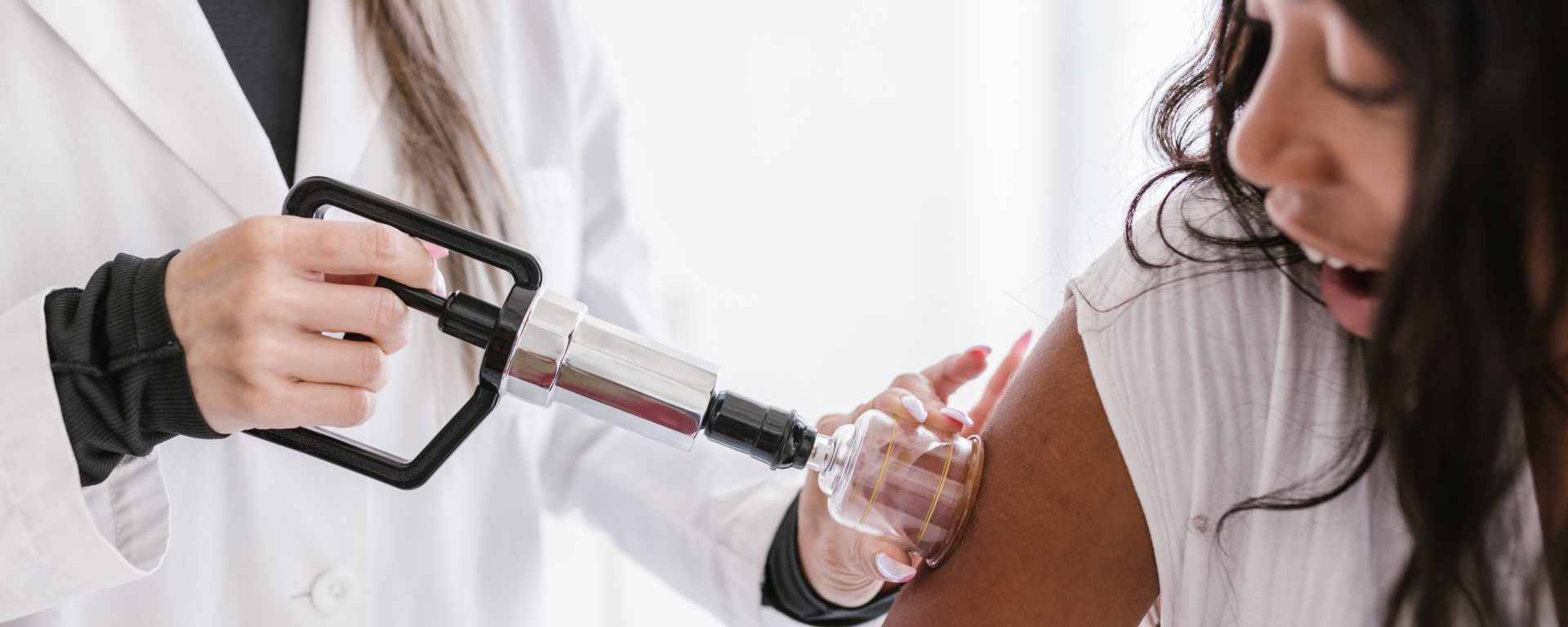In 2000, birk, et. al., conducted study about the effects of massage therapy, which includes both alone and in conjunction with other complementary therapies, on immune system indicators and quality of life among individuals with moderately compromised immune systems due to human immunodeficiency virus (HIV), a randomized prospective controlled trial was conducted. Forty-two HIV-positive subjects, comprising 40 males and 2 females aged between 27 and 50 years, were enrolled in the study. Eligibility criteria included a CD4+ lymphocyte cell count greater than 200 cells per microliter and the absence of present or recent AIDS-related symptoms, as well as no hospitalization history. The study extended over a 12-week period, during which subjects were divided into four groups: massage therapy alone, massage therapy with supervised aerobic exercise, massage therapy with biofeedback stress management, and a control group receiving standard care.
The research design employed was a randomized prospective controlled trial, carried out at an academic medical center. Subjects were assigned to one of the four groups, and interventions were administered accordingly. The study investigated the impact of the interventions on enumerative immune measures, including peripheral blood levels of CD4+ lymphocytes, CD8+ lymphocytes, CD4+/CD8+ lymphocyte ratio, and natural killer cells. Additionally, the six-dimensional quality-of-life assessment was employed to gauge potential improvements in the participants’ overall well-being.
The findings of the study revealed that there were no statistically significant changes (p > 0.05) observed in any of the enumerative immune measures across the different intervention groups. However, significant differences (p < 0.05) were identified in specific aspects of the quality-of-life assessment. Notably, health care utilization and health perceptions showed favorable outcomes for the group that received massage therapy in combination with stress management, as compared to both the massage-only group and the control group.
Contrary to initial expectations, the administration of a weekly massage did not lead to enhancement of immune measures among individuals with HIV infection. However, the combination of massage therapy with stress management demonstrated noteworthy benefits in terms of altering health perceptions and reducing the utilization of health care resources. This suggests that the application of massage therapy along with stress management strategies could potentially mitigate excessive reliance on health care services by HIV-positive individuals, thus potentially contributing to a reduction in overall health care costs. Overall, these findings underscore the potential value of complementary therapies in improving the quality of life and well-being of individuals living with HIV. Further research may be warranted to explore the broader implications of these results in a wider population.
Reference: Birk, T. J., McGrady, A., MacArthur, R. D., & Khuder, S. (2000). The effects of massage therapy alone and in combination with other complementary therapies on immune system measures and quality of life in human immunodeficiency virus. The Journal of Alternative and Complementary Medicine, 6(5), 405-414.
